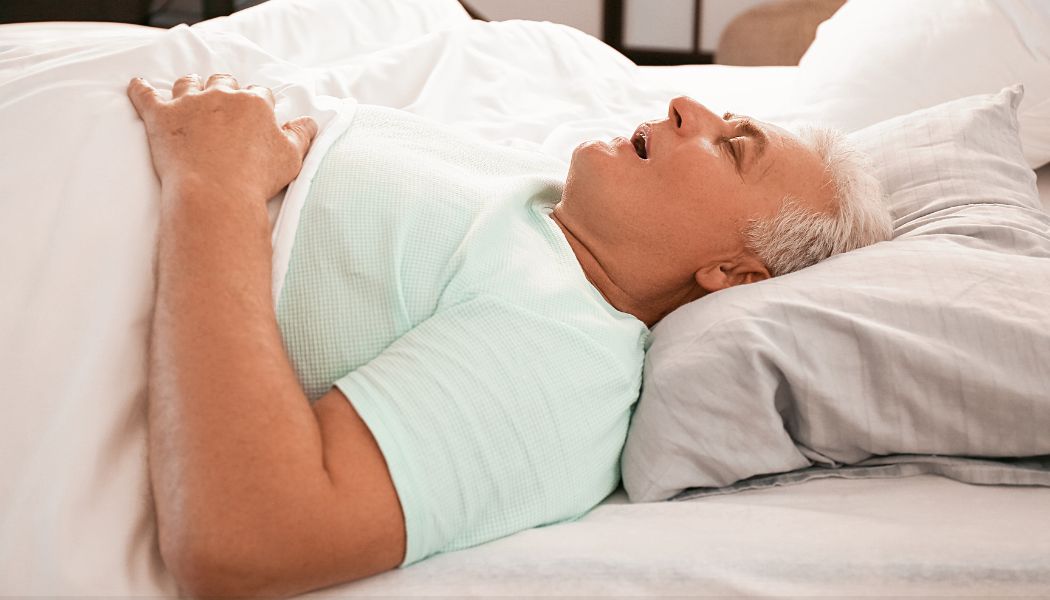Are You Missing Out on Rest?
Sleep issues are common, but spotting signs of a sleep disorder early can make a big difference. Here are five signs to watch for and ways to help.
5 Signs of a Sleep Disorder
1. Trouble Breathing While Sleeping
Sleep apnea is a sleep disorder where breathing starts and stops during sleep. Signs include loud snoring and waking up gasping for air. This is because your body isn’t getting enough oxygen while you sleep. Untreated sleep apnea can lead to serious health problems over time.
2. Feeling Extremely Tired During the Day
If you feel very tired during the day, even after a full night’s sleep, it may be a sign of a sleep disorder. This can make it hard to focus or remember things and may cause irritability. Sometimes, people with a sleep disorder feel so tired that they fall asleep suddenly during the day, which can be risky when driving or working.
3. Feeling Tired Without a Clear Reason
Idiopathic hypersomnia is a rare sleep disorder that causes extreme tiredness with no clear cause. People with this disorder may sleep 10 hours or more but still wake up feeling exhausted. This feeling doesn’t go away with naps or extra sleep.
4. Waking Up Multiple Times at Night
Waking up a few times during the night is normal, but if you wake up often and have trouble getting back to sleep, it might be a sleep disorder. This broken sleep can leave you feeling drained and less alert during the day, as your body isn’t getting the rest it needs.
5. Struggling to Fall Asleep
If it takes longer than 30 minutes to fall asleep on most nights, this may point to insomnia. People with insomnia often feel alert or even “wired" at bedtime, making sleep difficult. Over time, this lack of sleep can lead to feeling tired and anxious.
Treatments for Sleep Disorders
The right treatment depends on your specific sleep disorder. Here are some common ways to improve sleep:
- CPAP machine for sleep apnea: For sleep apnea, a CPAP (Continuous Positive Airway Pressure) machine keeps your airways open at night, helping with steady breathing and oxygen flow.
- Therapy for insomnia: Cognitive Behavioral Therapy (CBT) can help manage insomnia by teaching positive sleep habits and reducing worry around bedtime.
- Lifestyle changes: Regular exercise, a balanced diet, and stress-relieving activities can support better sleep by promoting relaxation and overall health.
- Sleep hygiene: Keeping a consistent sleep routine can help. Go to bed and wake up at the same time each day. Avoid caffeine and screen time before bed to help your body wind down.
- Medications: Some people with sleep disorders may need medications. For example, doctors may prescribe sleep aids for insomnia or stimulants for idiopathic hypersomnia. Medications should always be used under a doctor’s guidance.
If you think you might have a sleep disorder, speak with your doctor. The right help can improve your sleep and boost your daily energy.
Read on to learn about some great mattresses for older adults.
